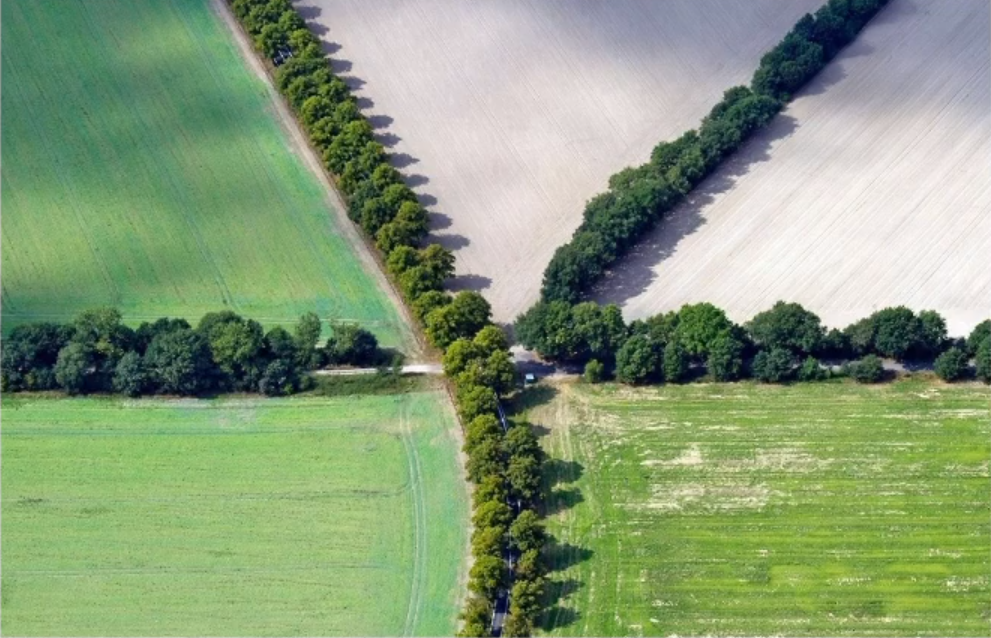The lack of green spaces and an increase of air pollution are creating major environmental issues for those living in Uzbekistan. According to the United Nations, deforestation, and wind- and water erosion, resulting in biodiversity loss, are some of the most serious environmental problems threatening Uzbekistan’s natural environment. Forests play a crucial role in protecting surrounding land, combatting desertification, and preventing erosion. Deforestation in Uzbekistan therefore not only impacts the biodiversity in forest, but also that of numerous fragile ecosystems, such as river basins. Furthermore, Uzbekistan is facing extremely high levels of air pollution, especially in the Tashkent region, which also contribute to ecosystem degradation through the acidification of water and soil.
Tackling these growing environmental problems is the Zamin Foundation, which implements several projects focused on restoring ecosystems and ecology in Uzbekistan. One such project is the Yashil Zamin project (which translates to Green Land). Yashil Zamin aims at greening cities and creating forest belts, which have numerous benefits for their surrounding ecosystems. Forest belts help protect ecosystems, and therefore biodiversity, from wind and dust, as well as helping neighboring agricultural land combat drought, and wind and water-erosion, which contributes to more stable and high crop yields. Forest belts also help protect against atmospheric and noise pollution.
Green Barrier planted by the Zamin Foundation (source: Zamin Foundation)
The Yashil Zamin project combines numerous different activities, with a common aim of greening urban spaces. In the Syrdarya region, one of the project activities consisted of planting forest belts to create a green border. The efforts of the volunteers have resulted in the planting of 175km of forest belts in the region. North of the Syrdarya region, in the capital city of Uzbekistan, Tashkent, 11,500 local varieties of trees and shrubs have been planted. The project has covered an area of over 19 hectares, and there are plans to plant more trees, covering an even greater land extension.
Children participating in tree planting activities (source: Zamin Foundation)
The Yashil Zamin project is, however, not only a planting project but also aims to support the future of greening in Uzbekistan. The Zamin Foundation contributes to this goal by digitally monitoring the planted trees, logging the type, age, trunk, and height of each tree. Education also plays a key role. The project also works to educate those in the field of gardening and landscaping, in the hopes of raising awareness about the value of urban green spaces, trees and forests.
The Zamin Foundation is also educating an environmentally responsible generation through the implementation of the Eco-Schools programme. Students in the 41 Eco-Schools of Uzbekistan participate in several of the Zamin Foundation’s projects, gaining practical skills by taking care of their schools’ greenhouses, where they learn about tree planting, biodiversity, and ecosystems. They then offer seminars to other schools about tree planting, sharing their knowledge on greening with others.
Lastly, through the implementation of Yashil Zamin, the Zamin Foundation further hopes to draw the attention of the public and authorities to the pollution environmental problems and the value of ecosystem restoration in Uzbekistan.
The greening of urban spaces is incredibly important to local biodiversity and ecosystems. Projects such as Yashil Zamin promote the introduction and restoration of ecosystems in areas where human activities have caused severe habitat fragmentation and a significant decline in local biodiversity, altering many ecosystem services. These projects show how humans can nurture surrounding ecosystems and how vital these ecosystems are in combatting air pollution, wind- and water erosion, and mitigating climate change. By working intensely on restoring local ecosystems, projects such as Yashil Zamin align with the objectives of the UN Decade on Ecosystem Restoration.
If you would like to learn more about the UN Decade on Ecosystem Restoration and how you can get involved, please visit the following link.
This article is part of our UN Decade on Ecosystem Restoration series which highlights the projects and activities of FEE members that contribute to the UN Decade.



